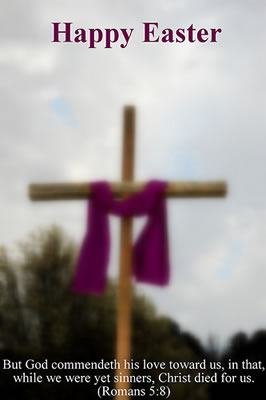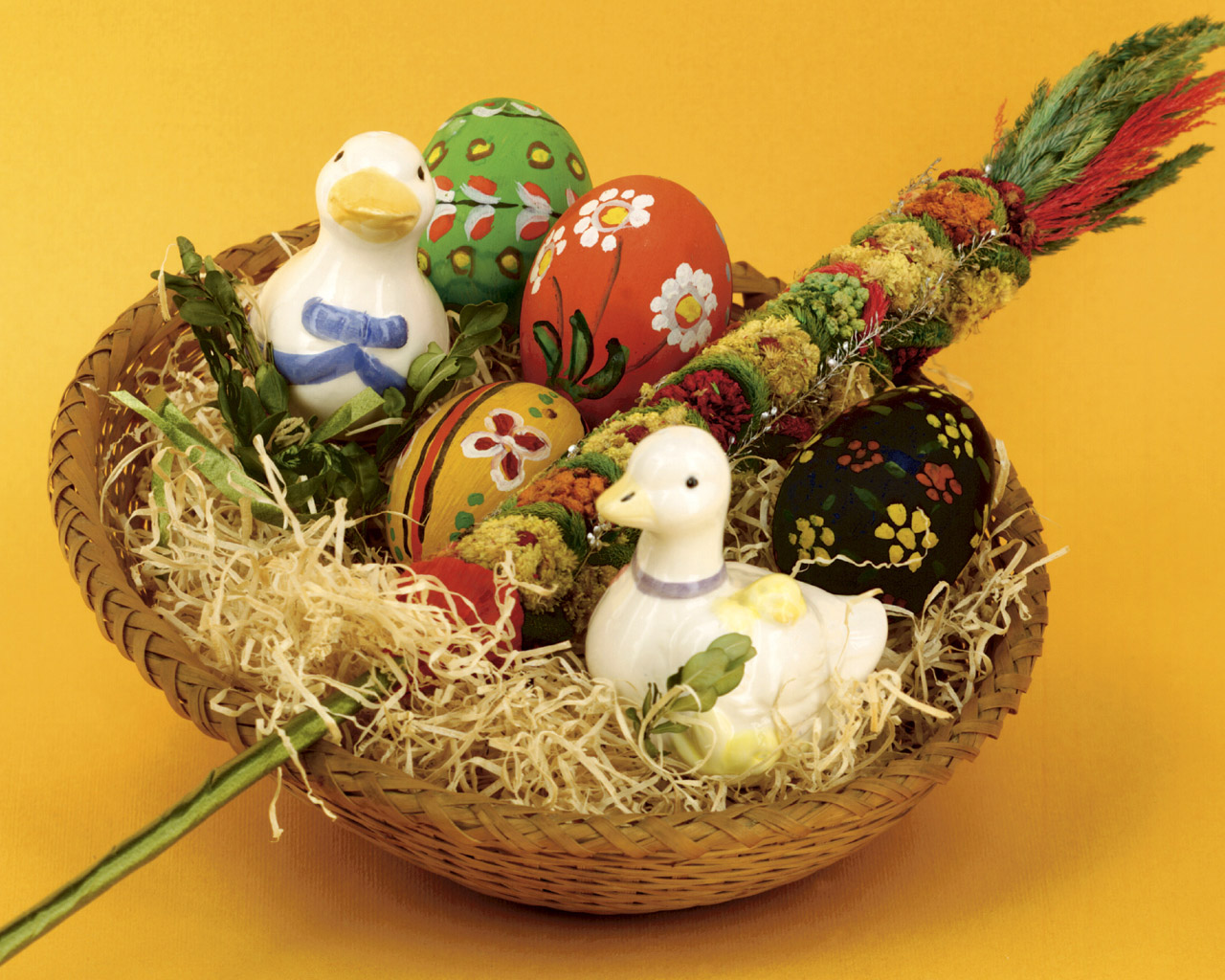
- 專業(yè)老師24小時1對1學(xué)習(xí)指導(dǎo)
- 定制專屬于你的英語學(xué)習(xí)方案

致親愛的必克英語全球?qū)W員:
一年一度的復(fù)活節(jié)(4月24日)即將到來,該節(jié)日是西方國家最重要的一個節(jié)日,因此,4月21日至24日Spiiker全體外教將放假公休,所有外教課程順延。4月25日恢復(fù)正常上班/上課。
在此謹(jǐn)祝全體Spiiker學(xué)員、老師節(jié)日快樂!如有疑問歡迎撥打客服服務(wù)熱線400-600-9144咨詢。如該假期安排給您帶來不便,敬請原諒!
注:該公告只對外教學(xué)員有效,中教上課時間不變。
關(guān)于復(fù)活節(jié),你了解多少呢?下面讓我們一起來重溫一下這個節(jié)日的由來和習(xí)俗吧:

Easter is the Christian holiday commemorating the resurrection of Jesus. Legend was crucifixion of Jesus, after the third day of the revival of heaven. The annual celebration of Easter in the church means that the vernal equinox is the first Sunday after the full moon, if the full moon happens to be the day Sunday. Easter week is postponed. Easter may result in the March 22 to April 25 between any day.
復(fù)活節(jié)是基督教紀(jì)念耶穌復(fù)活的節(jié)日。傳說耶穌被釘死在十字架上,死后第三天復(fù)活升天。每年在教堂慶祝的復(fù)活節(jié)指的是春分月圓后的第一個星期日,如果月圓那天剛好是星期天,復(fù)活節(jié)則推遲一星期。因而復(fù)活節(jié)可能在3月22日至4月25日之間的任何一天。

Of all the symbols associated with Easter, the egg, the symbol of richness and new life, is the most important. The customs and traditions of using eggs have been associated with Easter for centuries.Originally, Easter eggs were painted with bright colors to represent the sunlight of spring and were used in Easter-egg rolling contests or given as gifts. After they were colored and printed with various designs, the eggs were exchanged by lovers and romantic admirers. In the Middle Ages, eggs were traditionally given at Easter to the servants. In Germany, eggs were given to children along with other Easter gifts.
在所有與復(fù)活節(jié)有關(guān)的象征性事物中,復(fù)活節(jié)彩蛋最為重要,它象征著富饒與新生。涉及彩蛋的習(xí)俗與傳統(tǒng)成為復(fù)活節(jié)節(jié)慶活動的組成部分,已有數(shù)百年的歷史。起初,復(fù)活節(jié)彩蛋被涂上鮮艷的色彩,象征春天的陽光,并被用于滾彩蛋比賽或作為饋贈的禮物。戀人們和迷戀浪漫的人們將彩蛋涂上色彩并繪成各式圖案后相互交換。中世紀(jì),主人習(xí)慣在復(fù)活節(jié)將彩蛋賜予仆人。在德國,大人們將彩蛋連同其它復(fù)活節(jié)禮物一起送給孩子們。